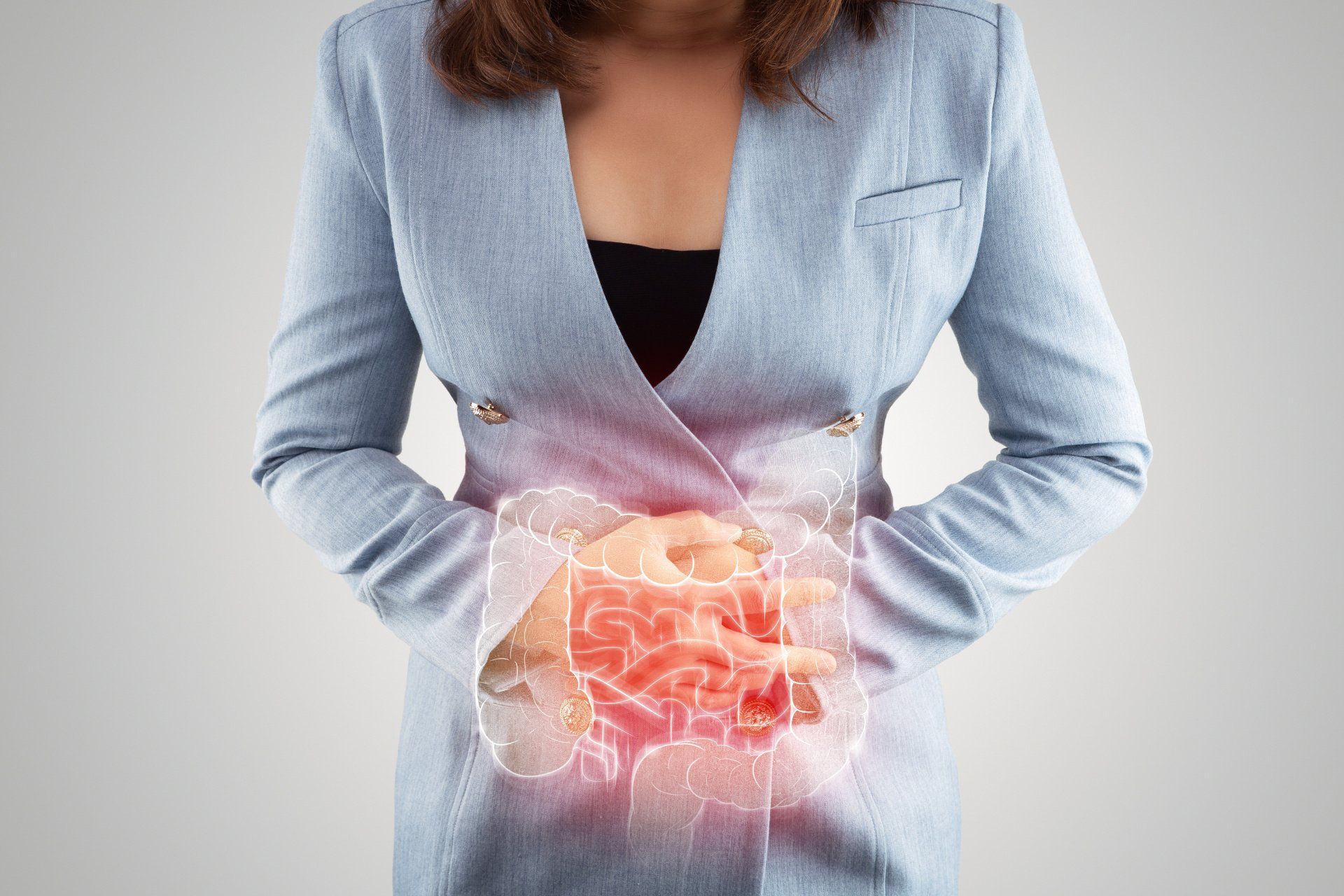7 Foods to Help Relieve Constipation
There’s a high chance you've experienced constipation at one point or another. If the problem is more than occasional or includes symptoms like severe pain or bleeding, it's important to check in with your doctor, as these can be signs of something more serious like a digestive disorder. But in most cases, constipation is just a sign that your diet needs more fibre and fluids.
According to the American Heart Association, the daily value for fibre depending on age and sex is that women under 50 should have around 21 to 25 grams per day, and men under 50 need between 30 to 38 grams per day. Children up to the age of 18 should eat between 14 to 31 grams of fibre per day, again depending on their age and sex.
Getting adequate fibre has been found to play an important role in maintaining weight and helping prevent obesity, as well as maintaining a healthy gut microbiome - which affects several other aspects of our health.
If you need to increase your fibre intake, we advise you to add it to your diet gradually to avoid symptoms like bloating. Give your body a chance to process the new amount of fibre and make sure to drink plenty of fluids to help the fibre flow properly through your digestive tract.
Keep reading to learn the high fibre foods we recommend adding to your day to day - if you wish to improve the amount of fibre you are currently having.
Beans
Beans (and lentils) have been found to provide twice as much fibre as most vegetables. A ½ cup serving of boiled navy beans will provide an impressive 9.5 g of fibre, while a similar size serving of pinto beans provides 7.7 g. Lima and kidney beans have a little less but are still packed with 4.5 g + of fibre per ½ cup. Beans are a great source of fibre to add to your day-to-day because they’re incredibly versatile, and can be added to almost anything - salads, soups, casseroles, pasta and rice dishes.
High Fibre Cereal
There are so many wonderful high-fibre cereals to choose from now, but we recommend you focus on the cereal that has at least 6 g of fibre per serving. Or, if your favourite cereal doesn’t have a lot of fibre, add toppings of your own to bring up the fibre value by sprinkling a tablespoon of wheat bran, chia seeds, or ground flaxseed on top. Here are 15 Super High Fibre Breakfast Cereals you need to see.
Sweet Potato
Now, potatoes in general are good sources of fibre, but we want to focus on sweet potatoes here. A baked sweet potato (with skin) provides 4.8 g of fibre. Boiling and mashing 255g worth of sweet potatoes — with the skin — sees you reach at least 4.3g of fibre. Or why not make your own chips instead of being the frozen ones – simply cut some potatoes in the shape of fries, spray them with a little olive oil, sprinkle with your favourite seasonings, and bake in the oven until crisp. They’ll taste like French fries without the added calories and unhealthy fats.
Berries
Got a bit of a sweet tooth but need something to relieve your constipation? Take your pick of luscious raspberries, blackberries, and strawberries, all of which are fibre sources. Just one cup of fresh strawberries can provide 3 g of fibre. Even better, the same size serving of blackberries can provide 7.6 g and raspberries with an incredible 8 g. They are low in calories, so you can eat a big bowl of plain berries with low-fat yoghurt as a dessert or add them as toppings to your breakfast cereal.
Whole Grain Bread
If you want to avoid being constipated, the bread you eat should be made from 100 per cent whole grains. Whole-grain bread is low in fat and high in dietary fibre and complex carbohydrates. Our advice is always to check the label before buying and find the first ingredient, which should say “whole” before the type of grain, such as “whole-wheat flour.” Don't be fooled by "multigrain" or "seven-grain" loaves of bread, which are made from enriched flour. These products often contain several different grains, but there's no guarantee that any of them are whole grains. Find a whole grain bread you like that contains at least 3 g of fibre per slice.
Broccoli
Broccoli is another vegetable that is an incredible source of fibre. It's also low in calories and a great source of the daily nutrient you need. We recommend you eat your broccoli raw because cooking it can reduce its fibre content. But if you prefer it cooked, try steaming, broiling, or baking the broccoli to avoid extra calories. For additional flavour, you can add a small amount of olive oil, salt, and pepper to the broccoli.
Apples
"An apple a day keeps the doctor away" rings true, because apples come with a long list of health benefits. From being low in calories, aiding weight loss, reducing the risk of diabetes to protecting your heart, apples make for one of the most popular fruits. And yes, they are beneficial when you’re constipated. A study published in the American Journal of Clinical Nutrition found that women who regularly ate apples were found to have 13 to 22 per cent fewer constipation problems than those who didn't have apples. The value of fibre in just one apple can range from 3.6g to 5g.
To arrange a FREE consultation please use our online form to arrange a suitable date and time for a FREE video consultation.









